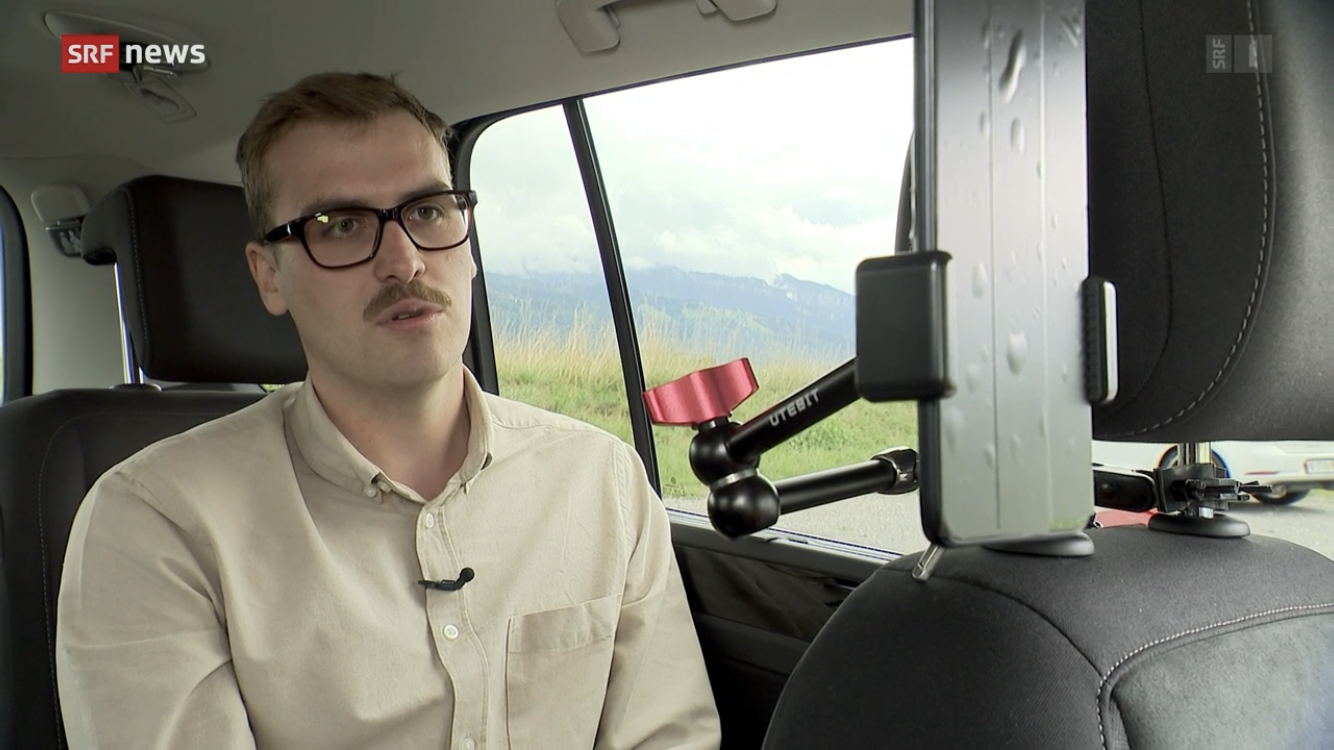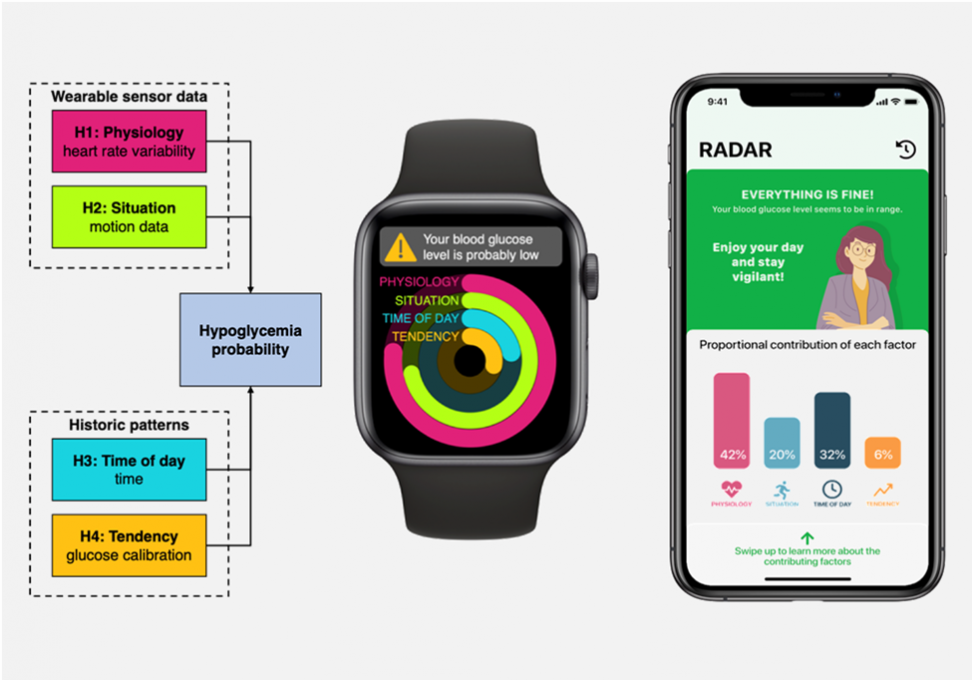The Bosch IoT Lab investigates business models in the Internet of Things (IoT) and explores disruptive IoT products and services. In the realm of our business model research activities, we derive actionable insights to manage the digital transformation of large manufacturing companies. In the domain of technology and business incubation, we investigate the potential of the IoT, machine learning and blockchain to develop and validate disruptive solutions in the domains of mobility, health and energy. Ultimately, our mission is to support Bosch scale its IoT business, advance scientific knowledge, and create a meaningful impact for the better. The lab is a research initiative of:

LATEST NEWS
Welcome to our new doctoral researcher Sebastian Otto!
We’re happy to welcome Sebastian Otto as our newest PhD candidate and doctoral researcher to join the Bosch IoT Lab. Sebastian is part of the [...]
Welcome to our new doctoral researcher Ugne Potthoff!
We’re happy to welcome Ugne Potthoff as our newest PhD candidate and doctoral researcher to join the Bosch IoT Lab. Ugne is a member of [...]
Our in-vehicle drunk driving detection project featured on SRF (Swiss TV)
How does alcohol intoxication impact our ability to drive a vehicle? How can an AIoT solution help to enhance road safety and responsible driving? Our project [...]
LATEST PROJECTS
Platform Navigator: Designing and Implementing Platform Business Models
Today, platform companies like Amazon, Alibaba, Apple and Google dominate our economy. In fact, eight out of the ten most valuable companies worldwide are built upon a [...]
DRIVE: In-Vehicle Drunk Driving Detection
Driving under the influence of alcohol is among the most relevant reasons for deaths or severe injuries in public road traffic. The main problem with driving under [...]
RADAR: Wearable-Based Dysglycemia Detection and Warning in Diabetes
Diabetes mellitus affects approximately 537 million people worldwide, and a doubling of cases is expected within the next 25 years. The economic burden manifests in yearly expenditures [...]





